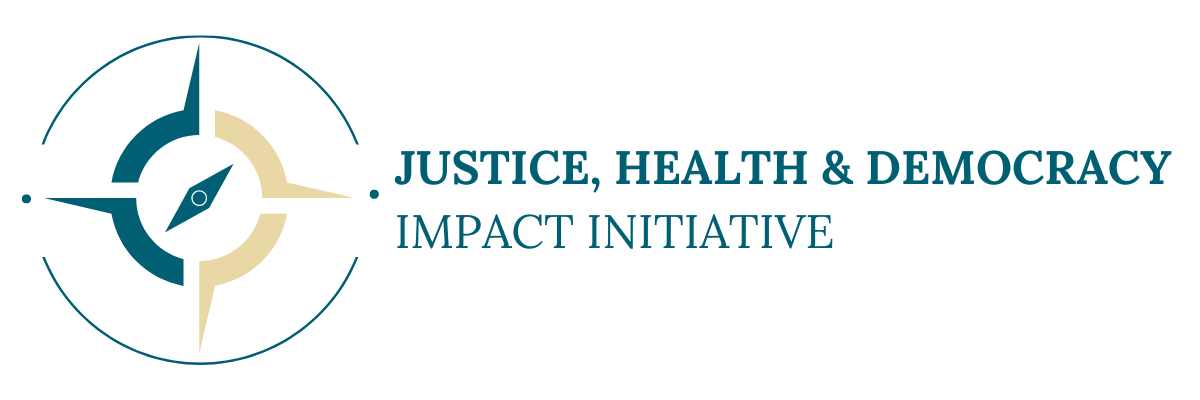Ethics of Decentralized Social Technologies: Lessons from Web3, the Fediverse, and Beyond

This paper argues that the plethora of experiments with decentralized social technologies (DSTs)—clusters of which are sometimes called “the Web 3.0 ecosystem” or “the Fediverse”—have brought us to a constitutional moment. These technologies enable radical innovations in social, economic, and political institutions and practices, with the potential to support transformative approaches to political economy. They demand governance innovation. The paper develops a framework of prudent vigilance for making ethical choices in this space that help to both grasp positive opportunities for transformation and avoid the potentially problematic consequences. Most of our specific examples and concerns come from the blockchain/Web3 universe, as this has received the greatest investment, attention, and adoption to date. However, we aim to offer a framework for governance decision-making in conditions of uncertainty that applies more broadly to other DSTs. Specifically, under the framework of prudent vigilance, we propose a pragmatic, democratic, and pluralist approach to navigating bold experimentation with social practices and political economy enabled by these technologies. Our overarching goal is to provide a framework open to transformative improvement and constrained by guardrails and guiding values supportive of democracy, freedom, and pluralism. We take a relatively strong position, rather than simply laying out ethical issues and potential approaches. We seek to be provocative in order to spur further work and hope this paper will serve as a first bridge between academic philosophy and the DST community, which have hardly interacted to date.
Plural Publics

Data governance is usually conceptualized in terms of “privacy” v. “publicity”. Yet a core feature of pluralistic societies is association, groups that share with each other, privately. These are a diversity of (plural) publics, each externally private but with the ability to coordinate and share internally. Empowering plural publics requires tools that allow the establishment of shared communicative contexts and their defense against external sharing outside of context. The ease of spreading information online has challenged such “contextual integrity” and the rise of generative foundation models like GPT-4 may radically exacerbate this challenge. In the face of this challenge, we highlight why we believe the problem of “plural publics” to be a core challenge of data governance, discuss existing tools that can help achieve it and a research agenda to further develop and integrate these tools with a design eye specifically on the requirements of plural publics.
New digital tools demonstrate the promise of measuring well-being in the United States

This summer, the Washington Center for Equitable Growth partnered with New America, the Justice, Health & Democracy Impact Initiative at Harvard University, and the U.S. Departments of Commerce and the Treasury to lead a sprint with The Opportunity Project, a U.S. Census Bureau program that leverages open data to solve challenges facing the nation. Through a 14-week technology development sprint, nongovernmental solutions teams worked with federal data stewards to build digital tools that measure household and community well-being in new and more accurate ways.
Handle with Care

A common view is that autonomous weapons systems (AWS) should be banned because they might violate the rules of war. But even perfect compliance with the law is compatible with morally wrongful killing on a massive scale. As criterion for assessing the ethics of deploying AWS, therefore, the law must be handled with care.
The Wellbeing of Nations

What we measure matters — key indicators guide our funding, governance, and policymaking decisions. The measures we choose to develop and rely on can also fail to drive the outcomes we seek, and governments are waking up to the reality that measuring economic growth alone does not meaningfully capture the well-being of individuals and families. While several holistic frameworks for measuring well-being exist, the United States has yet to adopt a national framework that goes beyond conventional economic indicators like GDP and employment.
A More Equal Future?

The effects of machine learning on social justice, human rights, and democracy will depend not on the technology itself, but on human choices about how to design and deploy it.
How AI Fails Us

The existing vision for artificial intelligence dangerously misconstrues intelligence as autonomous rather than social and relational.
Getting Genetic Ancestry Right for Science & Society

In this white paper, Edmond & Lily Safra Center for Ethics and JHD Initiative Fellow, Anna Lewis, and her co-authors, examine the pitfalls of using categories of genetic ancestry in biomedicine.
Digital Public Goods: Guidance for Development, Governance, and Stewardship

As digital public goods (DPGs) become more common we must recognize the ethical considerations of how and by whom these systems are built. We’ve released guidance in the form of an ethics playbook.
A New Foundation for Justice, Safety, and Equity: Key Principles

Our overarching societal goals of delivering safety and well-being for all require securing the foundations of mental and physical health, freedom from violence, freedom of movement, housing security, food security, access to opportunity, and undistorted recognition of one’s full personhood.

